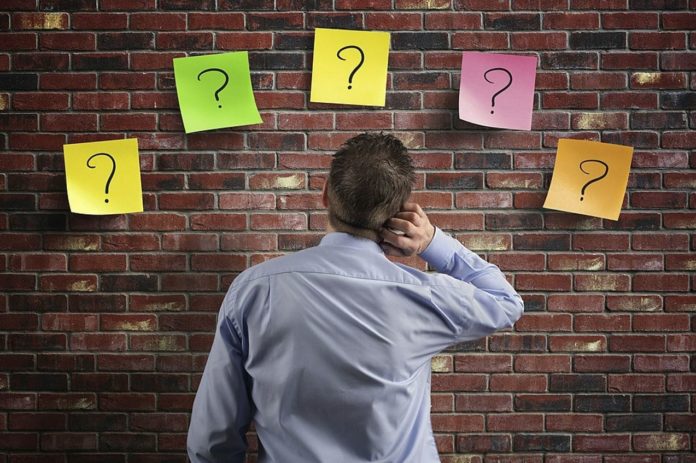Anxiety, addiction, and other psychiatric problems are frequently characterised by high levels of arousal: the heart races, blood pressure rises, breathing shortens, and “bad” decisions are made.
Scientists from Mount Sinai’s Icahn School of Medicine studied data from prior research of non-human primates to better understand how these moods influence the brain’s decision-making processes.
They discovered neurons in two of the brain’s decision-making areas that may solely monitor the body’s internal dynamics.
Furthermore, increased arousal appeared to remodel one of the centres by converting some decision-making neurons into internal state monitors.
Scientists have long referred to the association between arousal and decision-making performance as a “U-shaped curve.” Essentially, a small amount of arousal, such as that felt after a cup of coffee, may result in peak performance. However, too much or too little arousal raises the likelihood of the brain making slow or wrong decisions.
Initial findings of this new study, led by Atsushi Fujim, supported this idea.
The researchers examined data from an earlier set of tests that assessed three rhesus monkeys’ capacity to choose between two rewards: a lot of pleasant juice or a little. These investigations were carried out by Dr. Rudebeck while he was a post-doctoral researcher at the National Institute of Mental Health. As expected, the monkeys consistently selected to have more juice, and on average, they made this decision faster when their hearts were racing faster, lending credence to the hypothesis that being aroused promotes higher performance.
The researchers next studied the electrical activity of neurons in two of the brain’s decision-making centers, the orbitofrontal cortex and the dorsal anterior cingulate cortex.
They discovered that approximately a sixth of the neurons in each location linked with heart rate changes. In other words, if an animal’s heart rate changes, the activity of these cells changes as well, either increasing or decreasing. This behavior seems to be unaffected by the choices made on the various rewards received by the monkeys. Meanwhile, the remaining cells in each area appeared to be engaged mostly in decision-making.
“Brain scanning studies have suggested that bodily arousal alters the activity of these decision-making centers. Our results both support this idea on a cellular level and suggest that the sole job of some these neurons is to track the body’s internal, or interoceptive, states,” Dr. Fujimoto said.
“The next question we had was: ‘What might happen during the type of heightened arousal states seen in patients who suffer from anxiety, addiction, and other psychiatric disorders?'”
To address this topic, the researchers evaluated data collected after each animal’s amygdala, or emotional region of the brain, was surgically disabled. This resulted in an increase of up to 15 beats per minute in heart rates. Now, the higher the animals’ excitement level, the slower their hearts beat and the slower they chose a reward. This indicates that increasing the animals’ arousal level really harmed their decision-making process.
When the researchers examined the brain activity, they discovered something even more fascinating. The increased level of arousal appears to affect the roles of neurons during decision-making. The researchers observed a decline in the number of neurons engaged in decision-making in both brain areas. Additionally, the number of neurons that appeared to track internal states increased slightly in the dorsal anterior cingulate cortex. This altered the balance of information displayed in this location, as if arousal “hijacked” the brain impulses responsible for decision making.
“Although not definitive, our results suggest that a heightened arousal state degrades and takes control of the decision-making circuits in the brain,” Dr. Rudebeck said.
“We plan to continue studying how arousal can influence higher brain functions and how this contributes to psychiatric disorders.”
